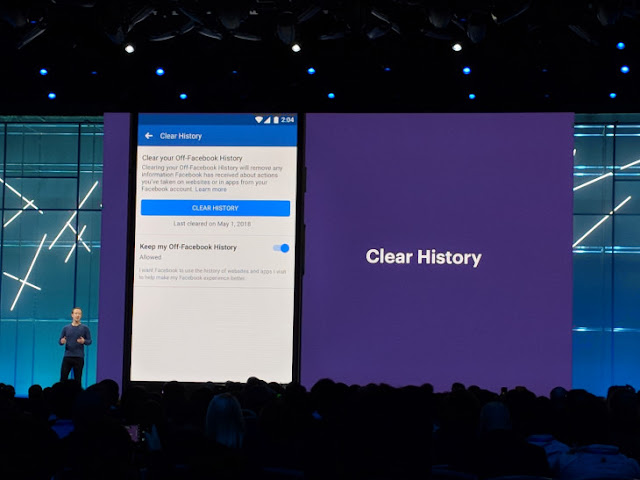In theory, what a concept. Augmented reality and
virtual reality experiences right here right now.
Commented TechSpot's Shawn Knight:
"It's an exciting time, especially for those that have grown tired of
existing experiences. From a design and interactive standpoint, everything will
be new again with VR / AR… assuming of course that these technologies actually
take root."
Assuming? Mozilla's Sean White is not
hesitant. White stated that "the future of the web will be heavily intertwined with virtual and
augmented reality, and that
future will live through browsers."
Cue in a dispatch from Mozilla's
innovative frontiers: This organization behind the Firefoxweb browser said
Tuesday that it is building a web browser for standalone virtual and augmented
reality headsets.
The browser is called Firefox
Reality. Sean White posted the announcement in The Mozilla Blog on Tuesday.
This web browser for your VR/AR
standalone headset is cross-platform. This, said White in the blog, was the
first cross-platform browser for mixed reality
"Other solutions for browsing and accessing the web on stand-alone
headsets exist, but they are closed, and platform specific. Firefox Reality
will be independent and will work on a wide variety of devices andplatforms."
Note that White talked about
stand-alone virtual and augmented reality (or
mixed reality) headsets.
If the future of the web is to be
intertwined with virtual reality and mixed reality, Mozilla is about the web
experience and wants to be in the frontlines of what is next. They have posed a
lot of questions to prepare for the future. What will web usage on VR / AR
headsets look like? What should it look like?
Engadget's Nick Summers: "The
organisation is rethinking how users should type, communicate, and flip between web pages that
contain 2-D and 3-D content. In addition, the team is looking at voice
recognition, connected devices, and heady questions such as'who controls the
web' and 'who controls what you see?'"
White, Mozilla's chief R&D
officer, had said this: "Mixed reality is the wild west. How do you type?
How do you express emotion? How do you view the billions of existing 2-D webpages as well as new 3-D content? How do you communicate? Who maps the world
and who controls what you see? Can we build on our work with voice recognitions and connecteddevices to create a better browsing experience? We love tackling these
questions."
Trevor Smith, meanwhile, on Tuesday
wrote in the Mozilla Mixed Reality blog: "This is the first step in our
long-term plan to deliver a totally new experience on an exciting new
platform." Smith said updates on their work would be available in the
coming weeks, including design process details, from sketches to headset prototyping,
and sneak peeks of Firefox Reality running on a variety of prerelease headsets.
Some Firefox Reality information is
also up on GitHub
Ian Sherr and Stephen Shankland at
CNET, meanwhile, have another take on the bigger picture of virtual reality, which includes
its struggles right here right now.
"Mozilla's efforts are the
newest in the tech industry's efforts to sell us on a future relatively few of
us have bought in," they wrote. Why has VR not yet taken off? Some argueover high prices, others about headsets being bulky, along with other points,
but, they added, "the most compelling argument for virtual reality's
struggles is its lack of compelling content."
Sherr and Shankland said it was
possible virtual reality today
could not the next big thing.







No comments:
Post a Comment